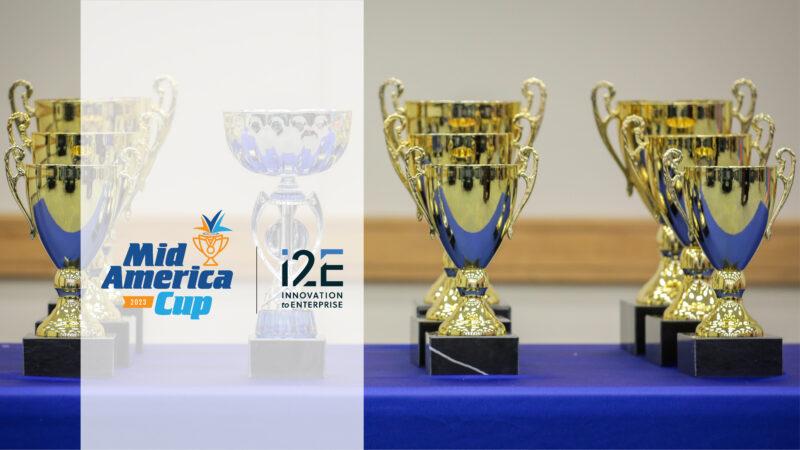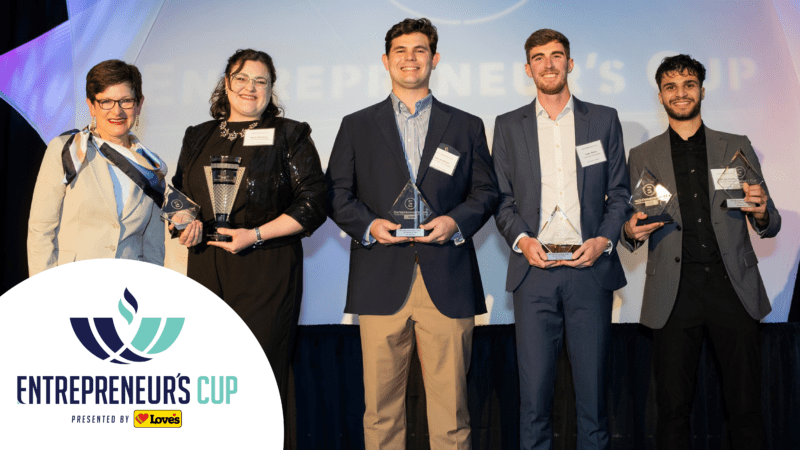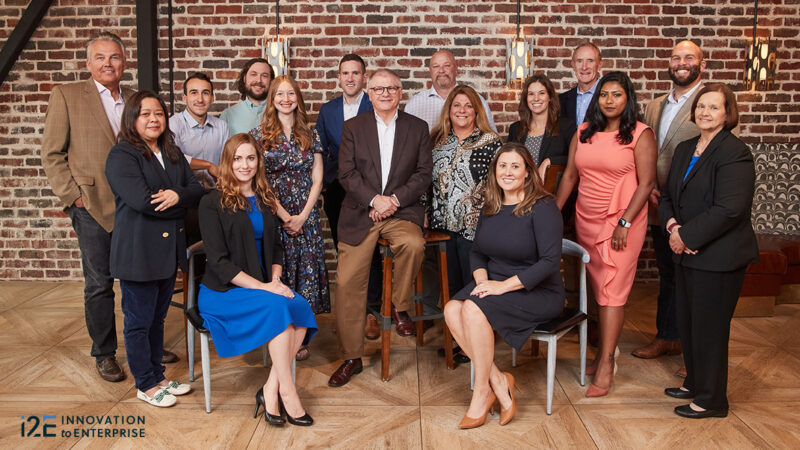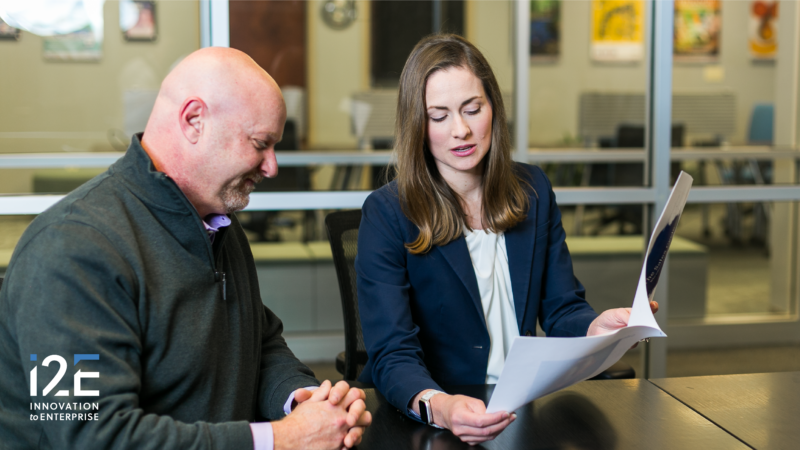Innovations: Norman’s AvPro assures right recipe used to create advance composite materials
By Jim Stafford
Copyright © 2016, The Oklahoma Publishing Company
NORMAN — Tom Rose walked into a conference room recently at Norman’s Advanced Processing Technology Inc. (AvPro) carrying what resembled a large dorsal fin from a great white shark.
Rose actually had his arms wrapped around the vertical stabilizer for an airplane, fabricated entirely from composite materials instead of aluminum.
The founder and president of AvPro, Rose brought the aircraft piece into the conference room to demonstrate the strength and light weight that composites provide the aerospace industry.
AvPro is a service company that provides software, training and installation of sensors used in manufacture of composite materials for the aviation industry. The tools developed by AvPro measure and control the process of applying heat, pressure and time to carbon fibers and epoxy materials in an oven-like autoclave.
“An easy analogy is to think about baking a cake,” Rose said. “One of the ways you bake a cake is to set a temperature at 350 degrees, hold it for an hour and cool it down. Another way that you can assure that you have baked the cake properly is to put a straw in the cake and see if it is wet or if it’s dry.”
Tom Rose, 71, is a Minnesota native and chemist who was involved in some of the earliest projects to develop composite materials for use in aircraft. He played a role in the development of the Lear Avia Lear Fan, one of the first aircraft composed entirely of composites rather than aluminum.
By the 1980s, Rose was involved with a California company that won a contract to set up a composites laboratory at Tinker Air Force Base. Rose came to Oklahoma to work on the project, and while he was here the company went under.
Bankruptcy didn’t end the Tinker project, however.
“They said ‘we don’t care what happens to your company, we expect you to finish the job,’” Rose said with a laugh.
So, he stayed in Oklahoma to complete the work and eventually incorporated AvPro as a Norman-based company.
Fast-forward almost 30 years. Today, AvPro provides a diverse menu of services to the composites and aerospace industry. It provides hardware, software, maintenance support, thermal analysis, a statistical database and training.
Working with Abaris Training in Reno, NV, AvPro created classes to educate composites personnel on the merits of a Material State Management system. Rose hopes that similar advanced materials training some day will be added to the curriculum of Oklahoma CareerTech centers.
Rose’s son, Hans, a physicist educated at the University of California-San Diego, serves as innovation lead for AvPro. The company employs seven people at headquarters near Norman’s Max Westheimer Airport.
AvPro recently was selected for a federal Small Business Innovation Research (SBIR) Phase 1 grant to explore development of sensors that can actually be embedded in composite materials as it is being heated.
Accurately recording temperatures without ruining the composite material it is measuring is critical to the process, Hans Rose said.
“If you are making tennis racquets and it breaks, people don’t care,” he said. “If a vertical stabilizer bends and breaks, people care.”
This is the third SBIR awarded to the Norman company, which established a relationship early on with the Oklahoma Center for the Advancement of Science and Technology (OCAST). Through a contract with OCAST, AvPro was assisted in the grant application by Oregon-based Grow Emerging Cos., which provides proposal support.
“The relationship with OCAST has been highly beneficial, primarily because the money they have provided is catalytic in terms of being able to submit proposals,” Tom Rose said. “More recently they have actually expanded the help with writing proposals by providing people who have knowledge in that area to help you with the structure of your proposal.”
The state of the composites industry has far surpassed early projections, Tom Rose said. He lists composite-based commercial aircraft currently flying: Boeing 787; Airbus A-350; and on the defense side, the F-35 and B-2.
Jim Stafford writes about Oklahoma innovation and research and development topics on behalf of the Oklahoma Center for the Advancement of Science & Technology (OCAST).








